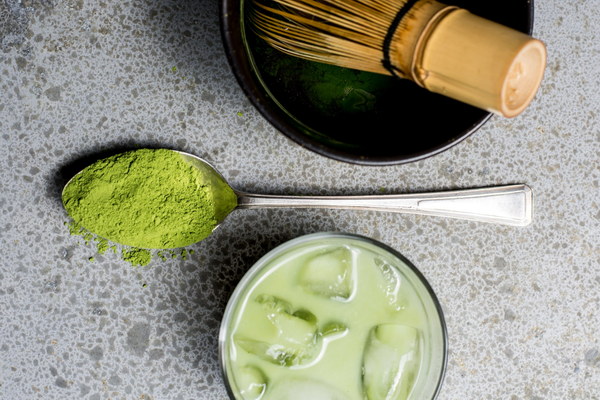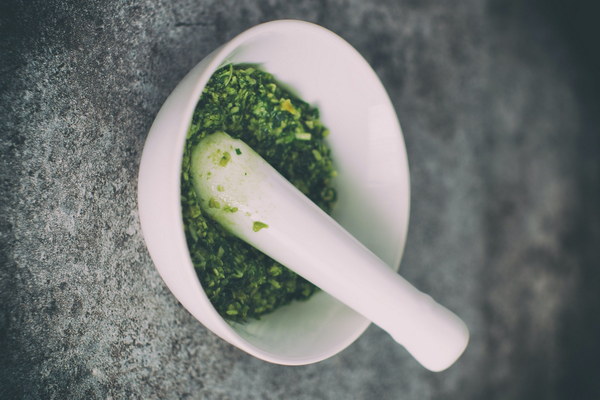Pomegranate The RenalBoosting Superfruit for Optimal Health
Introduction:
In the realm of superfruits, pomegranate stands out as a true gem, offering a plethora of health benefits. One of its most remarkable qualities is its ability to nourish and rejuvenate the kidneys. In this article, we will explore how pomegranate can be a game-changer for kidney health, and why it should be an integral part of your diet.
1. Pomegranate: A Rich Source of Nutrients
Pomegranate is a nutritional powerhouse, packed with essential vitamins, minerals, and antioxidants. It contains high levels of vitamin C, potassium, folate, and fiber, making it an excellent choice for maintaining kidney health. The antioxidants found in pomegranate, such as punicalagin and ellagic acid, have been shown to have anti-inflammatory and anti-aging properties, which are beneficial for the kidneys.
2. The Link Between Pomegranate and Kidney Health
Kidneys play a crucial role in filtering waste products from the bloodstream and maintaining fluid balance. However, various factors, such as high blood pressure, diabetes, and urinary tract infections, can put a strain on these vital organs. Pomegranate can help mitigate the risk of kidney damage and support overall renal health in several ways:
a. Antioxidant Protection: The antioxidants in pomegranate can help combat oxidative stress and reduce the risk of chronic kidney disease. By neutralizing harmful free radicals, these antioxidants can prevent cellular damage and maintain kidney function.
b. Anti-inflammatory Effects: Chronic inflammation is a leading cause of kidney damage. Pomegranate's anti-inflammatory properties can help reduce inflammation in the kidneys, thereby protecting them from further damage.
c. Blood Pressure Regulation: High blood pressure is a significant risk factor for kidney disease. Pomegranate juice has been shown to lower blood pressure levels, making it an excellent addition to a heart-healthy diet that can also benefit kidney health.
3. Incorporating Pomegranate into Your Diet
To reap the renal-boosting benefits of pomegranate, here are some practical ways to incorporate this superfruit into your diet:
a. Fresh Pomegranate Juice: Start your day with a glass of fresh pomegranate juice, which can provide a concentrated source of antioxidants and other beneficial compounds.
b. Pomegranate Seeds: Sprinkle pomegranate seeds on salads, oatmeal, or yogurt for a sweet and tangy flavor boost. They are also a great source of fiber and other nutrients.
c. Pomegranate Extract: Consider taking a pomegranate extract supplement to ensure you're getting a consistent dose of the fruit's beneficial compounds. Consult with a healthcare professional before starting any new supplement.
4. Limiting Pomegranate Intake in Certain Cases
While pomegranate is generally safe for most people, there are a few instances where you may want to exercise caution:

a. Kidney Stones: Pomegranate juice has been associated with an increased risk of kidney stones in some individuals. If you have a history of kidney stones or are prone to them, consult with your healthcare provider before consuming large quantities of pomegranate juice.
b. Gout: Pomegranate juice can exacerbate gout symptoms in some individuals due to its high levels of purines. If you have gout, it's best to consult with your healthcare provider before incorporating pomegranate juice into your diet.
Conclusion:
Pomegranate is a kidney-friendly superfruit that can provide numerous health benefits. Its rich nutrient profile and anti-inflammatory properties make it an excellent choice for supporting renal health. By incorporating pomegranate into your diet, you can help protect your kidneys and promote overall well-being. Remember to consult with a healthcare professional before making significant changes to your diet or starting any new supplement regimen.









